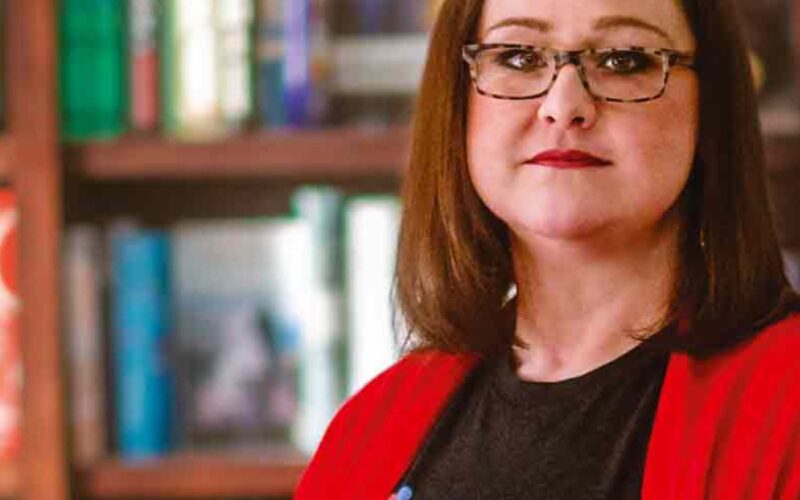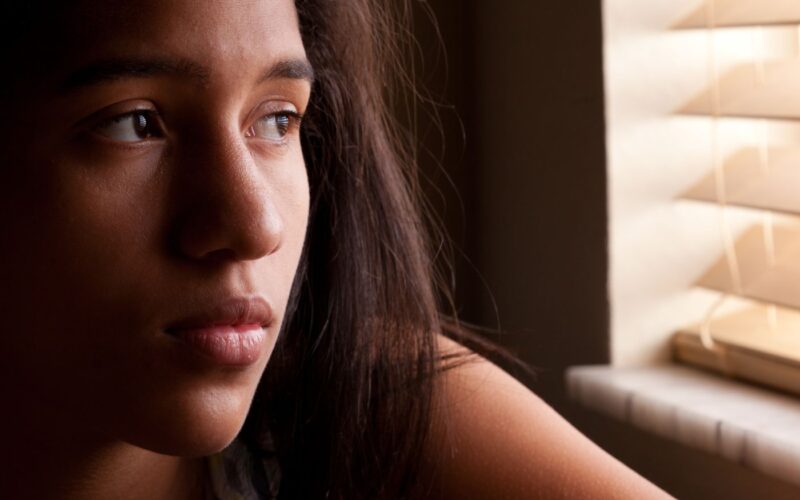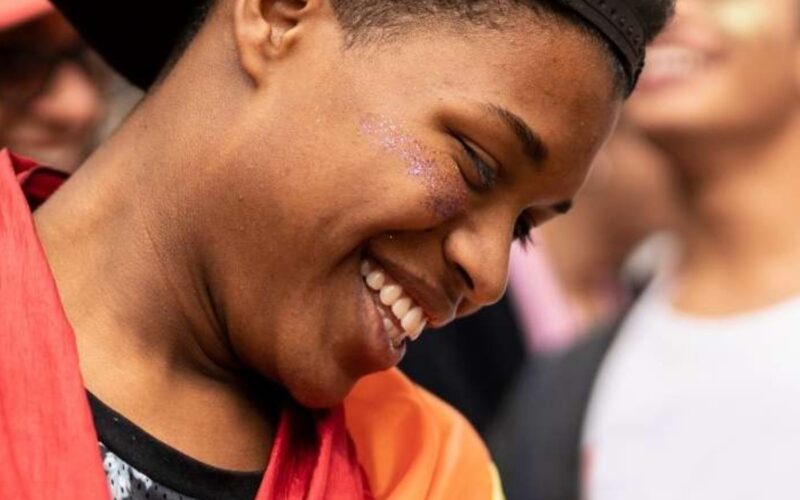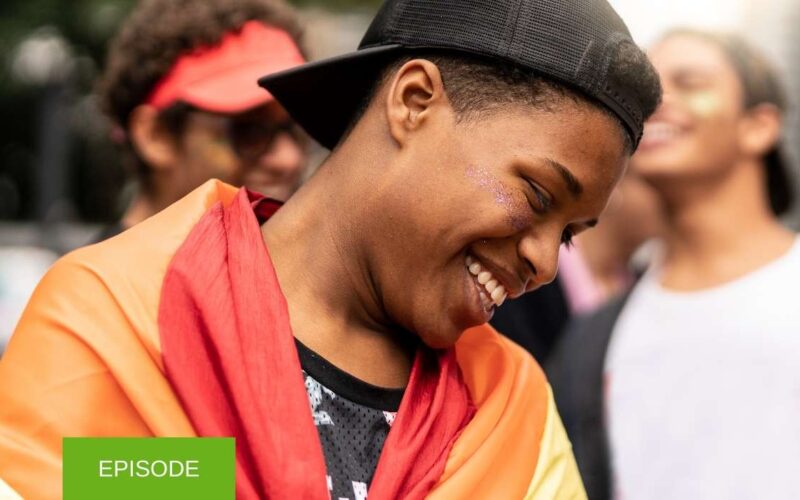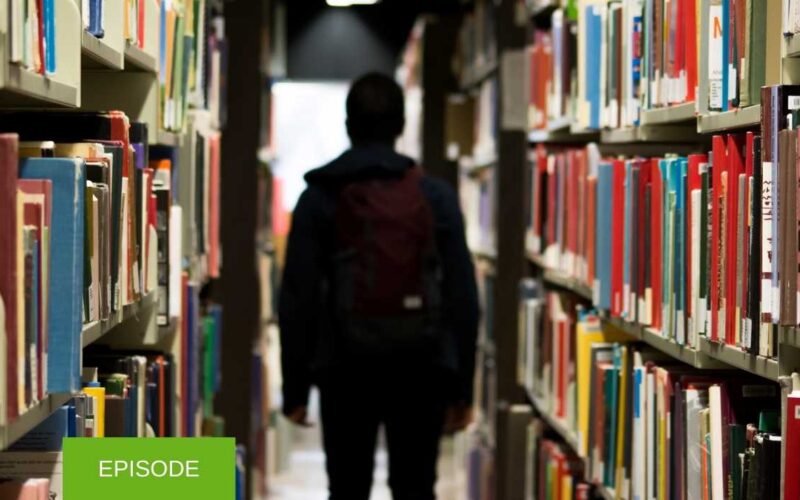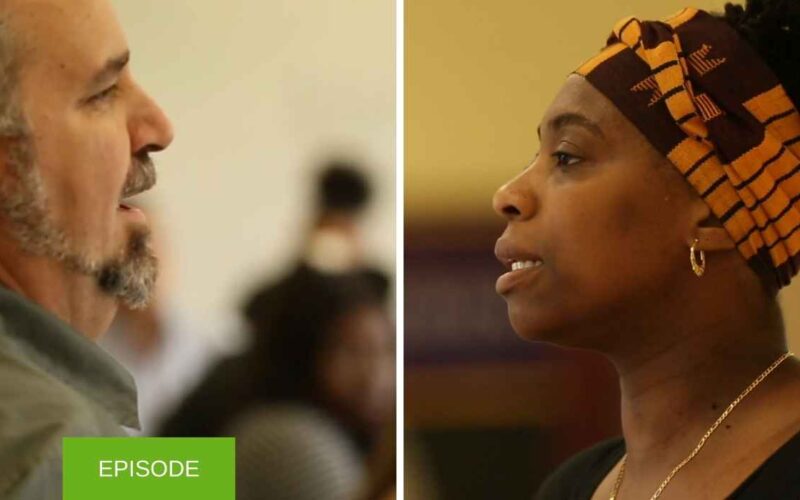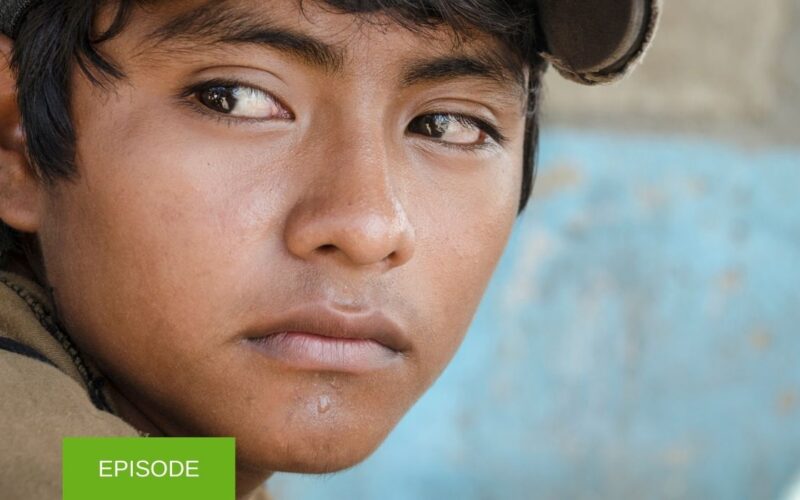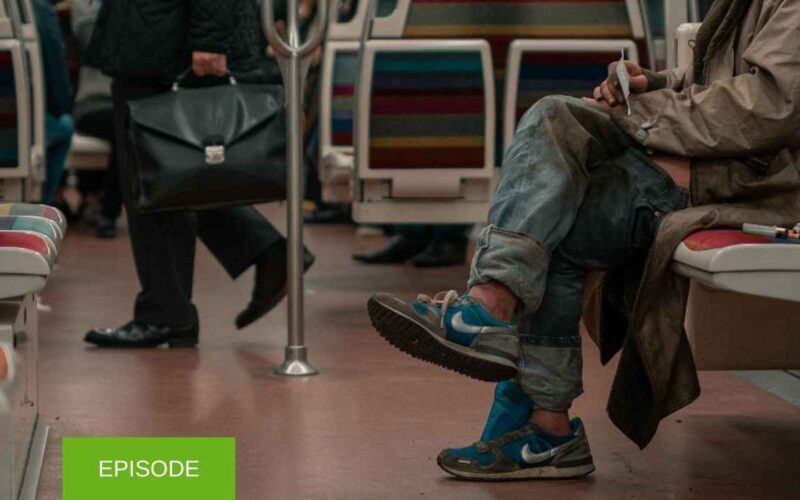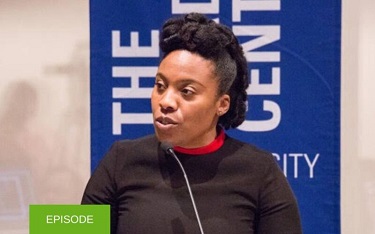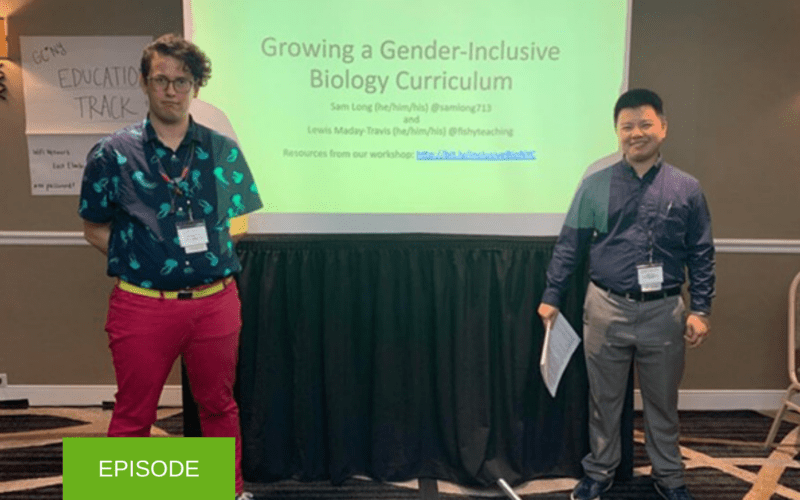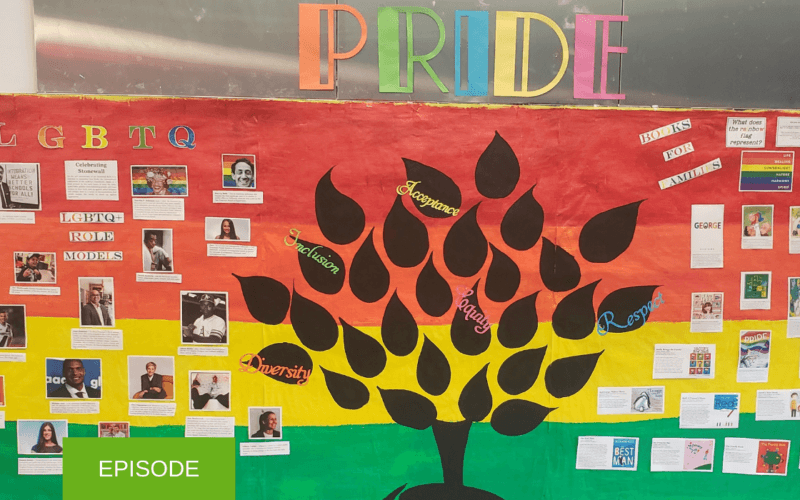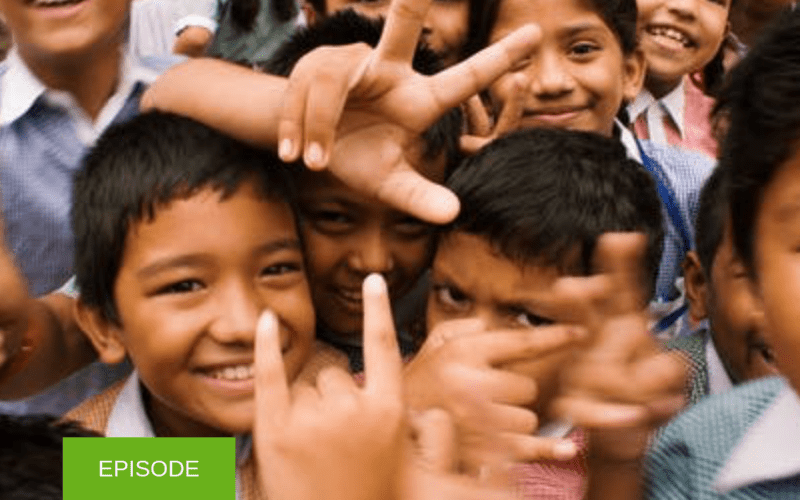Trump cutbacks and policies: stripping minority student protections
We speak with Derek Black, Constitutional law professor at the University of South Carolina School of Law, about the impact of Trump administration’s policies on students’ civil rights. Department of Education offices meant to ensure students are not subject to discrimination have been decimated. The Department of Justice has switched from protecting minority students’ rights to focusing on so-called “discrimination” against whites and attacking transgender students. Professor Black also says the need for “circuit breakers” on executive power transcends this administration.
Read More


